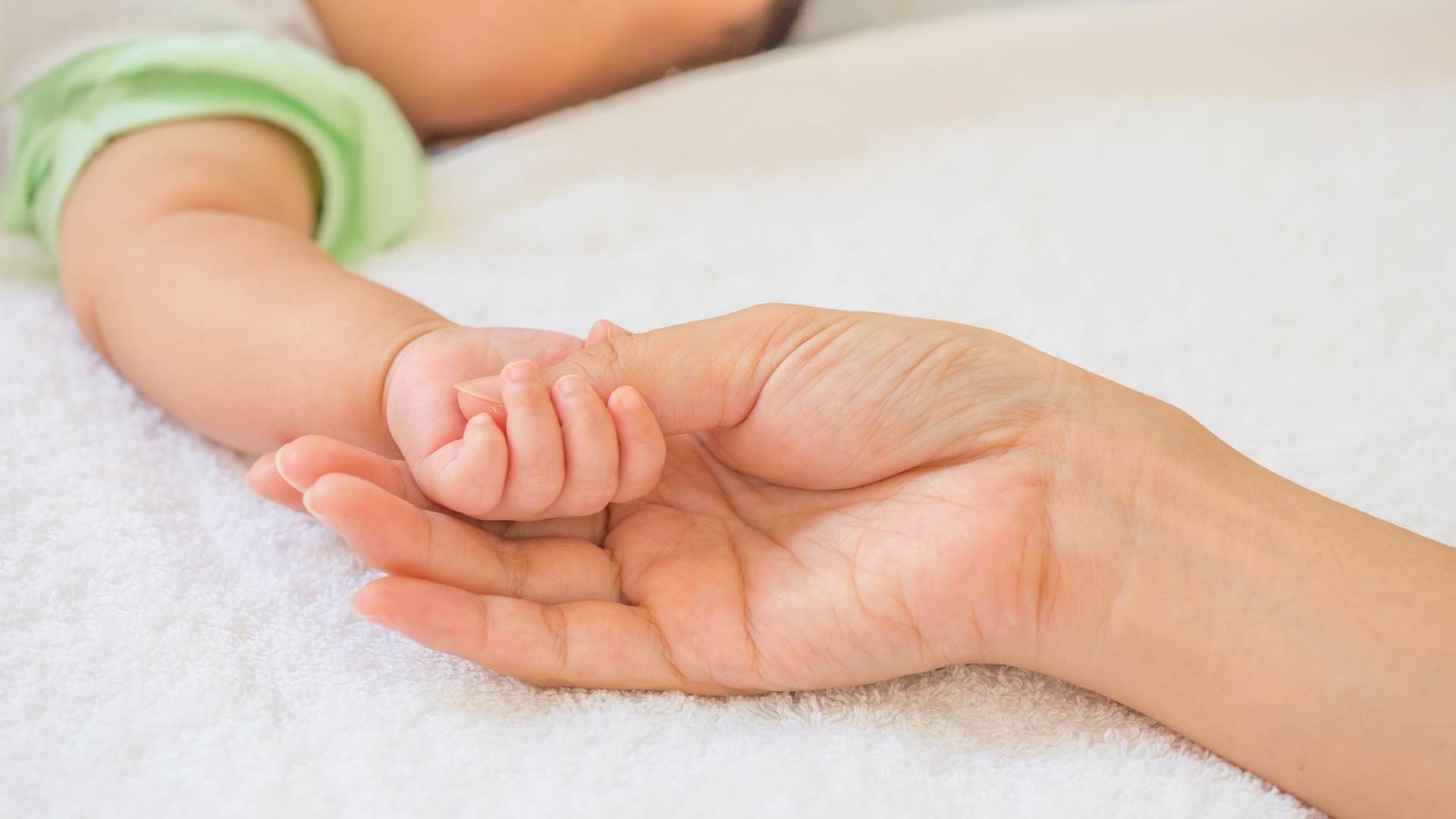Mothers all over the world are vulnerable to mental health difficulties, particularly with the transition in their role following childbirth. Personal determinants, such as previous pregnancy loss or a history of mental illness, as well as interpersonal and cultural determinants such as the presence of community resources and support systems, contribute to the mental health vulnerability of new mothers. In the Arab region, expectant women and new mothers are highly exposed to stressors, and sometimes traumatic events, resulting in poor psychological health outcomes[1]. These stressors are aggravated by gender inequalities[2], even greater in the Arab region, where an overall global gender gap is evident by the lowest gender index score, globally. This global gender gap score is characterized by four main components: economic participation, educational attainment, political empowerment, and health and survival among women in the region[3]. Familial patriarchy adds further burden on mental health as new mothers strive to meet gender norms and expectations of motherhood[4].
It is critical to support new mothers in the Arab region who are at increased risk of maternal mental illness, as poor mental health may result in adverse effects on both maternal and neonatal outcomes. Postpartum depression (PPD), postpartum psychosis (PPP), and postpartum post-traumatic stress disorder (PTSD) are among the most prevalent psychiatric disorders that new mothers may develop. PPD is a mood disturbance that can last for months or longer, if left untreated, and is accompanied by several symptoms such as difficulty in bonding with the child, social withdrawal, as well as changes in sleep, appetite, and energy. PPD affects 1 in 10 women worldwide, though recent evidence suggests that the prevalence is twice as high in low and middle-income countries (LMICs) compared to high-income countries[5]. The prevalence of PPD in the Arab region is similar to other LMICs ranging from 15 to 25%1. This disorder should be recognized distinctly from baby blues, which is a natural temporary state occurring right after birth whereby a new mother may feel overwhelmed, irrational, moody, and anxious. Furthermore, PPP is a serious mental health condition that affects women after delivery. Globally, approximately 1-2 in 1000 new mothers experience the symptoms of PPP, yet evidence on the definition of PPP timeline remains inconsistent[6]. Data on the cost-effectiveness of treating PPD is more robust than PP, however, screening and treatment of new mothers suffering from mental health illnesses certainly had a positive impact on the well-being of the mother and the child[7]. Yet, little to no data is available on the current prevalence and early screening and detection for PP among new mothers in the Arab region[8].
Although maternal psychiatric illnesses are prevalent in the Arab region, they are underreported, underdiagnosed, and even not invested (such as PP) when looking at maternal psychiatric morbidities 6,[9],[10]. Therefore, advocating for universal postpartum psychiatric illness screening is critical to improve mother-child and family functioning, and contribute to the Sustainable Development Goals (SDG) 2, “to ensure healthy lives and promote wellbeing at all ages”. Academics, health policymakers, and mental health professionals among other stakeholders in the Arab region should push for the prioritization of the maternal mental health agenda and the implementation of legislation, programs, and policies that increase awareness of postpartum psychiatric disorders.
[1] Ayoub, K., Shaheen, A., & Hajat, S. (2020). Postpartum Depression in The Arab Region: A Systematic Literature Review. Clinical Practice and Epidemiology in Mental Health : CP & EMH, 16(Suppl-1), 142–155. https://doi.org/10.2174/1745017902016010142
[2] Yu S. (2018). Uncovering the hidden impacts of inequality on mental health: a global study. Translational Psychiatry, 8(1), 98. https://doi.org/10.1038/s41398-018-0148-0
[3] World Economic Forum. (2021). Global Gender Gap Report 2021 Insight Report March 2021. Accessed from WEF_GGGR_2021.pdf (weforum.org)
[4] Yount, K. M., & Smith, S. M. (2012, July). Gender and postpartum depression in Arab Middle Eastern women. In Women’s Studies International Forum (Vol. 35, No. 4, pp. 187-193). Pergamon.
[5] Woody CA, Ferrari AJ, Siskind DJ, Whiteford HA, Harris MG. A systematic review and meta-regression of the prevalence and incidence of perinatal depression. Journal of Affective Disordors. 2017 Sep;219:86-92. doi: 10.1016/j.jad.2017.05.003. Epub 2017 May 8. PMID: 28531848.
[6] VanderKruik, R., Barreix, M., Chou, D., Allen, T., Say, L., & Cohen, L. S. (2017). The global prevalence of postpartum psychosis: a systematic review. BMC Psychiatry, 17(1), 1-9.8
[7] Wilkinson, A., Anderson, S., & Wheeler, S. B. (2017). Screening for and treating postpartum depression and psychosis: a cost-effectiveness analysis. Maternal and Child Health Journal, 21(4), 903-914.
[8] Ghubash, R., & Eapen, V. (2009). Postpartum mental illness: perspectives from an Arabian Gulf population. Psychological Reports, 105(1), 127-136.
[9] Rai, S., Pathak, A., & Sharma, I. (2015). Postpartum psychiatric disorders: Early diagnosis and management. Indian Journal of Psychiatry, 57(Suppl 2), S216.
[10] Kattan, W., Avigan, L., Hayton, B., Barkin, J. L., St-André, M., Nguyen, T. V., … & Zelkowitz, P. (2020). Creating a Multisite Perinatal Psychiatry Databank: Purpose and Development. International journal of environmental Research and Public Health, 17(24), 9352.



